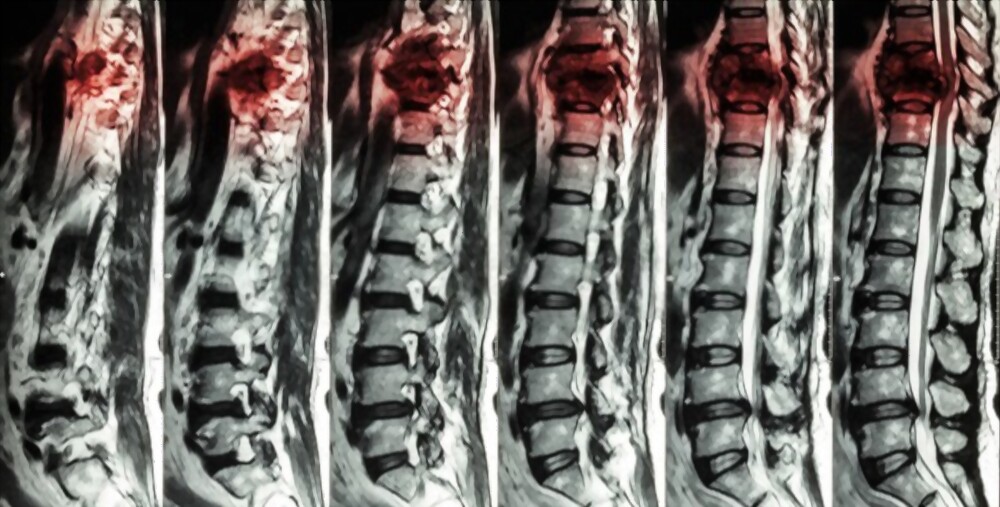What is Global Developmental Delay (GDD)?
A diagnosis of developmental delay might be given to individuals with a delay in two or more developmental areas. Any developmental delay that lasts for at least six months is considered a Global Development Delay (GDD).
For some people, GDD can be short-term and improved when adequately addressed. In others, it may take more time, effort, and regular input and support to reach a person’s full potential.
Global Developmental Delay in Children
Most children gain physical and behavioural skills within the first five years of life. The first things they learn are usually inspired by how we interact with them – for instance, showing affection, love, singing and other playful interactions.
The fundamental areas of children’s development include:
Speech and language
Fine motor skills
Gross motor skills
Cognitive and analytical skills
Social and emotional skills
Whilst every child has their own development pathway, typically, babies and infants develop specific physical and behavioural skills by a certain age. These skills are called developmental milestones.
If a child has not reached two or more milestones across the following developmental areas, this could be a sign of GDD.
Develop gross motor skills – rolling up, crawling and walking
Develop fine motor skills- picking up objects, brushing teeth, tying shoelaces
Speech and language skills – naming objects, putting two or more words together
Develop communication skills- following directions, pointing or pulling
Develop social skills- associative and cooperative social play
Delay in problem-solving skills
Delay in analytical and cognitive skills
If delays are identified, early assessment and intervention strategies are recommended.
Global Developmental Delay in Adults
Developmental delay that appears in early childhood and continues into adulthood might be assessed and diagnosed as a developmental disability.
In many cases, developmental delays don’t extend into adulthood and can be overcome during childhood.
Adults with global development delay may experience different developmental difficulties in multiple areas of basic life activities, including:
Personal care
Receptive and expressive communication
Motor activities and mobility
Self-reliance
Whilst physical or intellectual differences can be limiting, at Leaf Complex Care, we embrace the fact that we are all different, and our goal is to focus on what people CAN DO.
Symptoms of Global Developmental delay (GDD)
Signs of global developmental delay can vary depending on the individual’s specific characteristics. Sometimes the first signs appear within the first months of the baby’s life. In other cases, the delay becomes evident as soon as the child reaches school age.
The most common signs of Global Development Delay are:
Slower learning and development than other children of the same age
Talking and speech difficulties
Trouble with communicating and socialising with other children or adults
Cognitive difficulties like remembering or acquiring new information
Difficulty capturing the cause-and-effect relationship
Developmental delay in problem-solving activities
Difficulties in logical thinking
Learning difficulties at school
Difficulties with self-care daily routines
These noticeable signs of a developmental delay can help parents spot the difference on time. Early assessment and intervention helps people gain new skills and improve the quality of life.

What Are Developmental Milestones?
Developmental milestones are a set of developmental skills most children acquire at a specific age. Most paediatricians use these checkpoints to follow the developmental pace of a child. Each milestone has age-related tasks regarding the physical, cognitive and social functions a child can perform at a certain age.
Every child is unique, however there are specific age periods when substantial milestones should be met. The following checklist shows the developmental skills most children develop at a certain age.
1. Newborn Babies
Newborns react to external stimuli like sound and light during the first three months. They can already recognize the smell of their mother, and that’s how they know when someone else is holding them. In this stage, babies can move their head and see close objects. By the end of the third month, some babies can even hold their head straight.
2. Infants
Babies develop quickly and grow a number of new abilities within the first year of life.
- Between 3-6 months, infants already recognize and react to familiar faces, hold their head steadily and put their hands together
- At 6-9 months of age, babies can start sitting independently, bouncing when standing, and interacting with gestures. Some children may start responding to their name.
- By 9-12 months, infants can gather and point at objects, crawl or stand independently. Babies can mimic sounds and gestures.
3. Toddlers
Toddlers are children between 12 to 36 months old. At this stage, they develop motor, cognitive and social skills, including:
- Standing and walking without support
- Beginning to run and climbing stairs
- Holding a pencil or felt tips and drawing a circle
- Saying several words
- Putting short sentences together
- Following simple instructions
4. Preschool Children
A child from 3 to 5 years old are pre-schoolers. Pre-schoolers gain basic life and social skills, knowledge and independence.
- Refining motor skills
- Throwing and catching a ball
- Dressing themselves
- Drawing more precise pictures
- Establishing toilet routines
5. School Age
Toddlers are children between 12 to 36 months old. At this stage, they develop motor, cognitive and social skills, including:
- Self-awareness
- Practising skills to become better
- Riding a bike
- Advanced language, writing and speaking skills
- Increased learning capacity
- Experiencing emotions like love, kindness, or jealousy

What Causes Global Developmental Delay?
GDD describes a versatile set of developmental delays but not a specific diagnosis. Individuals may experience this kind of delay due to many different causes.
Genetics can play a crucial role in a child’s development, and GDD can also be the result of exposure to toxic substances, medications, drug or alcohol abuse, or particular medical conditions during pregnancy (such as prenatal haemorrhages, infections or oxygen deprivation). After birth, severe head trauma or infections are linked to the incidence of GDD.
Ultimately, poor nutrition, physical or emotional abuse or child neglect can lead to developmental delay in an individual.
Global Developmental Delay Diagnosis
A diagnosis of GDD is assessed when a child has not reached two or more milestones across multiple areas of development. Typically, paediatricians follow and observe a child for a certain period and, if necessary, make a referral for further assessment.
Diagnosing GDD requires a team of specialists rather than a single care practitioner. Sometimes misdiagnosis with Autism can occur. The team consists of paediatric neurologists, child psychiatrists, behavioural specialists or more if needed. GDD assessment is based on psychology, genetics, language pathology, physical therapy, nutrition and similar, therefore might take time to diagnose.
The Link Between GDD and Intellectual Disability
The term global developmental delay is generally used for children under the age of five who show a delay in reaching major developmental skills. Mild GDD can be transitory and overcome with early intervention and exercises.
However, some cognitive and intellectual developmental delays that extend into adulthood can lead to a later diagnosis of intellectual disability. The term intellectual disability describes a delay in intellectual development and functioning. ID can vary from mild to more prominent.
Global Developmental Delay Treatment
Global developmental delay treatment depend on the delay noticed in specific developmental domains. Common care pathways for GDD include:
- Behaviour therapy
- Speech therapy
- Occupational therapy
- Physical therapy
- Family education
However, the most important therapy for neurodiverse people is humanized care. People with different ways of thinking have their own strengths, skills and abilities. By identifying their gifts, we can help them reach their full potential and add value to the community.
How Does Leaf Complex Care Support People With Global Developmental Delay (GDD)?
At Leaf Complex Care, we respect equality and diversity. Our team of extensively trained professionals provides the right support for neurodiverse people beyond basic needs. We are dedicated to fostering people’s strengths and treating everyone as family.
We provide individual assessments and sustainable care plans. But most of all, we ensure that people’s human rights are met and respected. We thrive on building trust, building bridges, and building human relationships.
Contact us now for any further information.


















